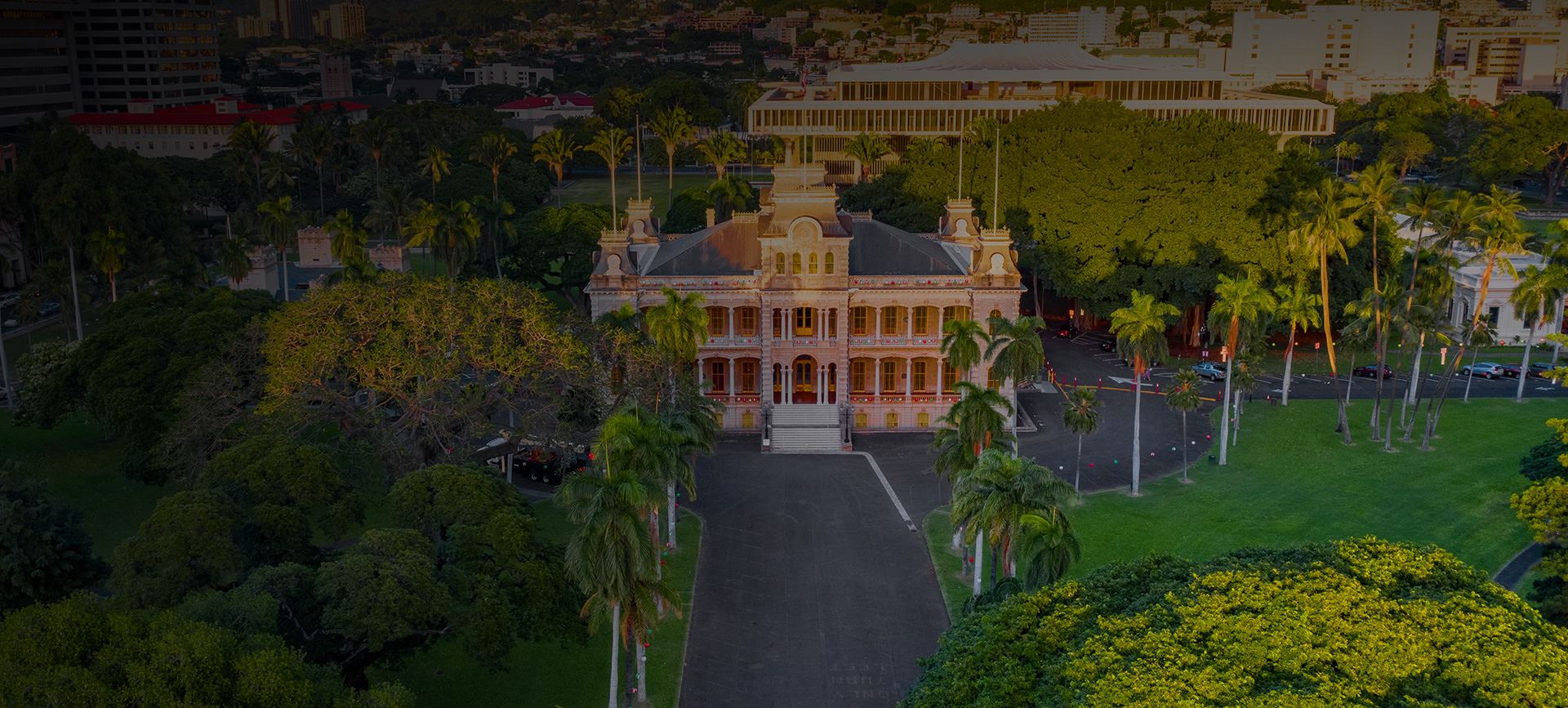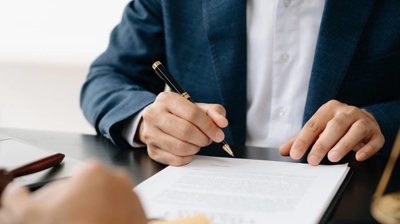What are the Penalties for an Underage DUI in Hawaii?
Do not forget that it is a petty misdemeanor in Hawaii for a minor to possess alcohol merely. The consequences of a misdemeanor conviction in juvenile court could be extensive, creating negative ripples far into your child’s life.
The penalties for underage DUI in Hawaii can be severe, especially for repeat offenders. The state imposes significant fines, license suspensions, and other restrictions on individuals under the age of 21 who are convicted of DUI. Here is an overview of the potential penalties you may face:
First Offense Underage DUI:
- Fines: If you are convicted of a first offense underage DUI, you may be fined up to $500.
- License Suspension: Your driver’s license will be suspended for up to one year. In some cases, you may be eligible for a restricted license that allows you to drive for limited purposes (e.g., work or school), but this depends on the circumstances of your case.
- Mandatory Alcohol Education: The court may require you to complete an alcohol education program or treatment program. This can involve classes, counseling, or assessments to help address substance use issues.
- Community Service: You may also be required to complete community service hours as part of your sentence.
Second or Subsequent Offense Underage DUI:
- Fines: For a second offense, the fine may increase, potentially ranging from $500 to $1,000, and additional fines may apply based on the specific circumstances of the case.
- License Suspension: A second offense can result in a suspension of up to two years, and you may not be eligible for a restricted license.
- Jail Time: Jail time may be imposed for repeat offenders. A second or subsequent offense could result in up to 30 days in jail, though probation and other alternatives may be available.
- Mandatory Alcohol Education or Treatment: The court will likely mandate a more extensive alcohol or drug treatment program for repeat offenders, which may include longer treatment durations or more intensive counseling.
- Community Service: Additional hours of community service may be ordered, along with further restrictions or conditions on your driving privileges.
The penalties increase significantly with each subsequent conviction, and repeat offenders face the prospect of longer license suspensions, higher fines, and possible jail time. If you have been charged with an underage DUI, it’s essential to contact a Honolulu underage DUI lawyer as soon as possible to explore potential defenses and work toward minimizing the impact of these penalties on your future.
What are the Long-Term Consequences of an Underage DUI?
Being charged with an underage DUI can have serious consequences and impact your future in several ways. Aside from the legal penalties, such as fines, license suspension, and even jail time, you may face long-term consequences that can impact your personal and professional life. Understanding these consequences and taking the necessary steps to protect your future is crucial.
Some potential consequences of an underage DUI include:
- Difficulty obtaining future employment
- Higher insurance rates or difficulty obtaining insurance
- Disqualification from specific scholarships or financial aid opportunities
- Damage to your reputation and personal relationships
- Difficulty obtaining a professional license
Administrative License Revocation (ALR) Process in Hawaii
In Hawaii, a DUI arrest triggers two separate proceedings: the criminal court case and an administrative license revocation (ALR) process through the Administrative Driver's License Revocation Office (ADLRO). The ALR process is independent of the criminal case and can result in a license suspension even if you are not convicted in court.
After an underage DUI arrest, the driver typically receives a Notice of Administrative Revocation, which serves as a temporary driving permit and initiates the ALR process. You have a limited time—usually 8 days—to request a hearing to contest the license suspension. If no hearing is requested, the suspension becomes automatic.
A hearing officer conducts the ALR hearing, which is less formal than a criminal trial. However, it can still lead to significant consequences, including a license suspension of up to one year for a first offense or longer for subsequent offenses. In some instances, drivers may be eligible for a restricted license, but only under strict conditions.
Because the ALR process proceeds quickly and separately from the criminal case, it is essential to act fast and have legal representation to preserve your right to drive and challenge the evidence presented by law enforcement.
Common Defenses for Underage DUI Charges
One common defense is challenging the legality of the traffic stop. If the officer did not have reasonable suspicion or probable cause to pull the vehicle over, any evidence gathered during the stop, including breathalyzer or blood test results, may be inadmissible in court.
Another defense is disputing the accuracy of the chemical tests used to determine the driver's blood alcohol concentration (BAC). For example, breathalyzers must be appropriately calibrated and maintained for accurate results. If there are doubts about the machine's reliability or the officer's training, the test results might be questioned. Additionally, factors like medical conditions (e.g., acid reflux) or improper testing procedures can result in falsely elevated BAC readings.
The "rising blood alcohol" defense can also be relevant in some cases. Alcohol takes time to be absorbed into the bloodstream, so a driver's BAC might have been below the legal limit while they were driving, but rose above it by the time the test was administered. This defense argues that the test results do not accurately reflect the driver's BAC at the time of driving.
In some cases, the defense might argue that the young driver was not driving or in control of the vehicle. For example, if the vehicle was parked and the driver was asleep in the back seat, the prosecution might struggle to prove that the person was operating the vehicle while under the influence.
Lastly, a defense might focus on whether the arresting officer followed proper procedures during the arrest. If the officer failed to read the driver their Miranda rights or conducted the arrest in a manner that violated the driver's constitutional rights, this could be grounds for having the charges reduced or dismissed.
Understanding the Legal Process: What to Expect
Navigating the legal system can be daunting, especially for minors facing DUI charges. At The Law Office of Kevin O'Grady, LLC, we believe in empowering our clients with knowledge and support. Here's a brief overview of what you can expect when working with us:
- Initial Consultation: We offer a no-obligation consultation to discuss your case, understand the circumstances, and evaluate your legal options.
- Case Evaluation: Our experienced attorneys will thoroughly review the details of your case, identifying strengths and weaknesses in the prosecution's argument.
- Building Your Defense: We will collaborate with you to construct a strong defense strategy tailored to your unique situation.
- Court Representation: With a skilled attorney by your side, you will have expert representation during hearings and any necessary court appearances.
- Negotiation: We aim to negotiate the best possible outcome on your behalf, whether that's reducing charges, seeking alternative sentencing, or other favorable resolutions.
Our commitment extends beyond legal representation; we strive to guide you through the entire process, ensuring you understand each step along the way. With us, you're not just another case—you're a valued individual with a future to protect.
Understanding the Importance of Legal Representation for Underage DUI
Facing a DUI charge as a juvenile can be a daunting experience, not just due to the legal implications but also the emotional and social repercussions. Having experienced legal representation is essential in navigating the complexities of the juvenile justice system. At The Law Office of Kevin O'Grady, LLC, we understand that every case is unique and requires a tailored approach.
Here’s why having a dedicated attorney can significantly impact your case:
- Legal Guidance: An attorney with experience in juvenile DUI cases will guide you through each step of the legal process, ensuring you understand your rights and options.
- Potential Mitigation: A skilled lawyer can help potentially lessen the penalties you face by negotiating plea deals or highlighting mitigating circumstances that may apply to your situation.
- Emotional Support: Legal troubles can be stressful for both the juveniles and their families. Having a supportive attorney can ease this burden and provide clarity in uncertain times.
- Future Implications: Your first DUI charge doesn’t have to define your future. An experienced lawyer can work to protect your record and help minimize any long-term impacts on your education and career prospects.
At The Law Office of Kevin O'Grady, LLC, our priority is not only to defend your rights but to advocate for a young person's best interests, fostering a path towards rehabilitation rather than punishment. Reach out to us for a consultation, and let us help guide you through this challenging time.
Why Hire The Law Office of Kevin O'Grady, LLC?
Being charged with an underage DUI can have serious consequences that can impact your future, including your education, employment opportunities, and even your ability to obtain a driver's license. That's why having an experienced Honolulu underage DUI lawyer by your side is essential to navigate the legal system and work towards the best possible outcome.
At The Law Office of Kevin O'Grady, LLC, we understand the complexities of underage DUI cases and the unique challenges faced by juveniles and young adults. Our compassionate yet relentless legal counsel is dedicated to protecting your rights and advocating for your future.
When you choose us as your criminal defense team, we will:
- Thoroughly investigate the circumstances surrounding your charges
- Challenge any evidence that was obtained illegally or improperly
- Negotiate with prosecutors to reduce or dismiss your charges
- Advocate for alternative sentencing options to minimize the impact on your future
Contact Our Honolulu Underage DUI Attorney Today
As a Honolulu underage DUI attorney who genuinely cares about the future well-being of my clients, I work closely with everyone who retains my services. When you are feeling the weight of underage DUI charges or if you are worried sick for your child, lean on me for legal and moral support. I am committed to providing in-depth and personalized legal advocacy to secure a case dismissal, charge reduction, or not guilty verdict.
Take the first step toward protecting your future. Call now to speak with an experienced Honolulu underage DUI lawyer and get the guidance you need.



 Charged with DUI or OVUII in Honolulu? Discover how we can fight for your freedom!
Charged with DUI or OVUII in Honolulu? Discover how we can fight for your freedom! With a history of successful results. We can fight together.
With a history of successful results. We can fight together. Hear from my former clients. Although I focus on the facts and the ethics of a case, I also make it a point to take the time to get to know my clients.
Hear from my former clients. Although I focus on the facts and the ethics of a case, I also make it a point to take the time to get to know my clients.

